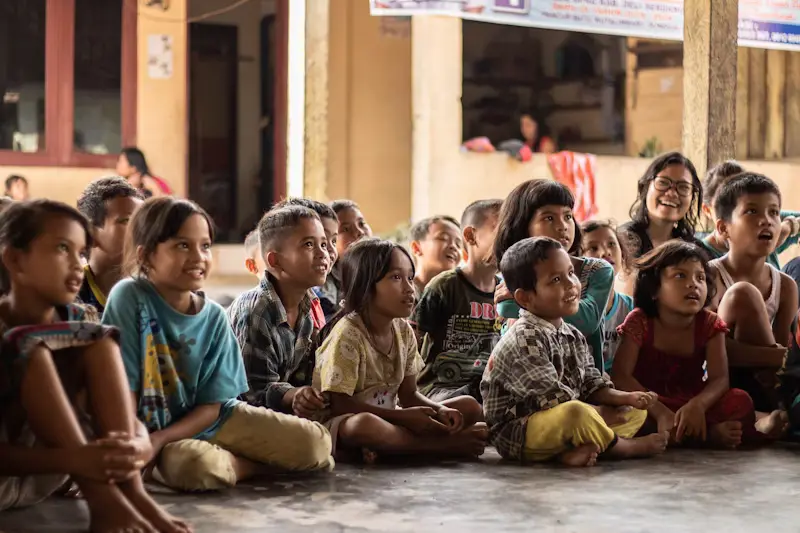Exploring Kafala
Discover the true meaning of Kafala in Islam and how it provides loving homes for children in need while respecting Islamic values and traditions.

Frequently Asked Questions
Find answers to the most common questions about Kafala and our organization.